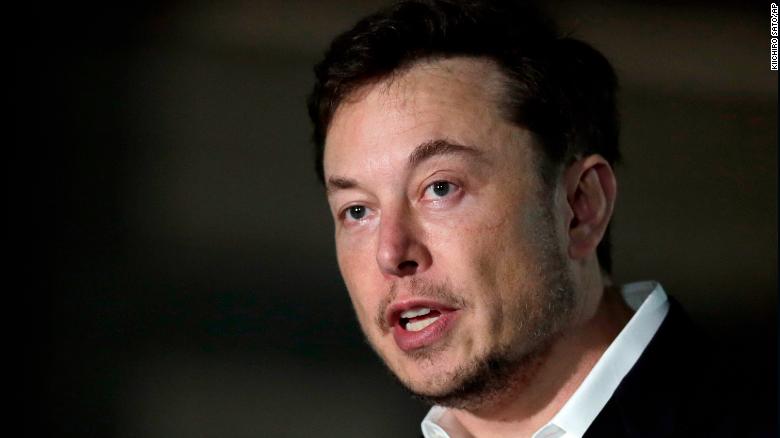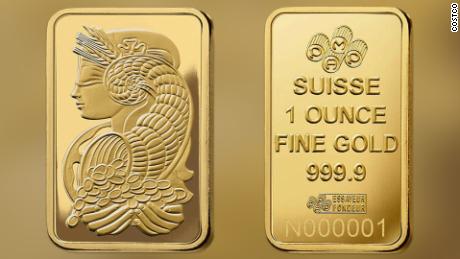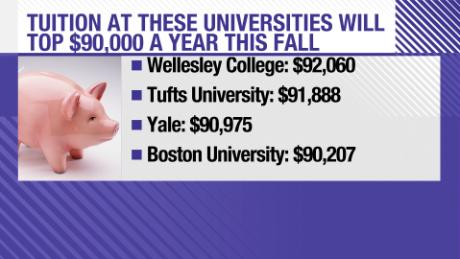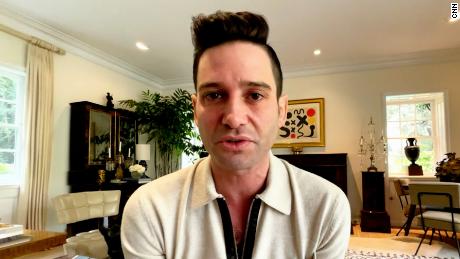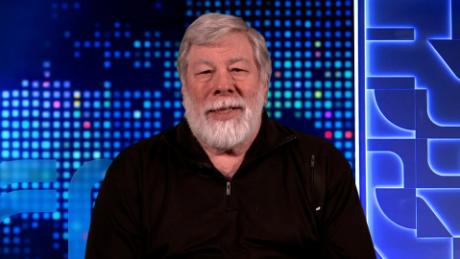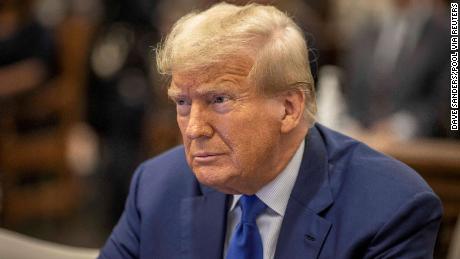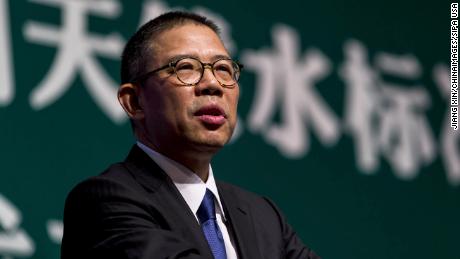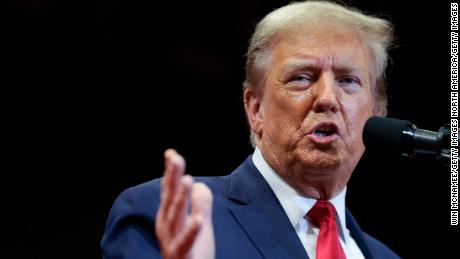New York (CNN)Elon Musk taunted the Securities and Exchange Commission over Twitter on Thursday shortly after he reached a deal with the agency to settle a lawsuit over his prior tweets.
Musk, who has long railed against Tesla's short sellers -- investors who bet against the company -- called the SEC the "Shortseller Enrichment Commission."
"Just want to [sic] that the Shortseller Enrichment Commission is doing incredible work," he said. "And the name change is so on point!"
The SEC told CNN Business that it has not changed its name and declined further comment on the tweet.
Tesla's stock dipped more than 2% during after hours trading.
Musk has been in hot water with the SEC since August 7, when he claimed on Twitter that he had secured funding to take Tesla private at $420 a share. That caused the company's stock to soar.
But Musk had not secured the funding, the SEC said. The agency ultimately filed a lawsuit against the billionaire chief executive last week.
Two days later, the agency announced that Musk agreed to a settlement deal that would force him to step down as Tesla's chairman and pay a $20 million fine. Separately, Tesla agreed to pay $20 million to settle claims it failed to adequately police Musk's tweets.
Tesla did not immediately respond to request for comment about the latest tweet from Musk.
Originally, the SEC's lawsuit sought to bar Musk from serving in any type of officer role at a publicly traded company. The company also agreed install two new independent directors on its board and establish a committee to oversee Musk's communications.
Tesla and Musk's deal with the SEC would allow Musk to stay on as CEO of Tesla (TSLA) and does not require that he admit wrongdoing.
But the settlement still needs court approval.
Musk's tweet came the same day that Judge Alison Nathan, a US District Court judge in New York, requested a joint letter explaining why she should approve the tentative settlement deal between Musk and the Securities and Exchange Commission. The judge asked for the letter not to exceed 10 pages and to be double-spaced. Due date: October 11.
It's not an uncommon practice for a judge to ask for such a letter.
The judge doesn't have to accept the proposed settlement deal. A federal judge sought to rip up a settlement between Citigroup and the SEC in 2011, launching a three-year battle with the SEC. A higher court eventually sided with the SEC.
In Tesla's case, the SEC initially sought to bar Musk from serving as an officer or director, but it ended up settling three days later for much less.
It's possible that Judge Nathan wants to understand what changed so quickly, according to Doug Davison, a dispute resolution partner at Linklaters and an SEC veteran.
That arrangement is unusual, says Jay Dubow, a partner at Pepper Hamilton and a former branch chief with the SEC's enforcement division. Typically, executives aren't allowed to stay on as chief executive when they're forced to exit the chairman role. But Dubow said he would be surprised if the judge ultimately rejected the proposed settlement.
"I think it's the judge being careful," he said. "It's a high-profile case."
The SEC and Musk will probably argue that removing Musk as CEO could further harm the company's stock, and thus hurt shareholders, he said.
Barclays analyst Brian Johnson argued in a recent note that Tesla's stock has a $130 "Musk premium," which could disappear if he is forced to leave the company.
